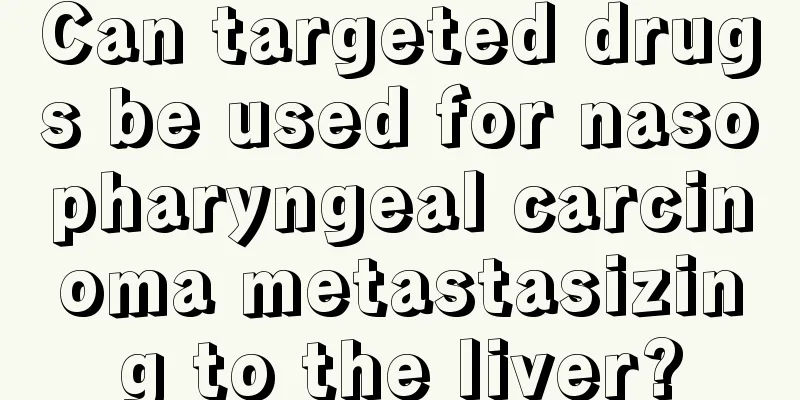How to deal with the side effects of immunotherapy for patients with renal cancer

| Immunotherapy is a limited weapon for the treatment of renal cancer. It must be emphasized that: ① Immunotherapy is used as an adjuvant treatment for localized renal cancer or locally advanced renal cancer after surgery. Its efficacy is uncertain, and whether it can be used to prevent tumor recurrence after surgery has not yet been determined; ② Immunotherapy is used for metastatic disease. Its efficacy is limited. This is mainly because chemotherapy and radiotherapy have poor efficacy for renal cancer. The treatment of locally advanced and metastatic renal cancer has been a difficult problem for urologists for many years, so immunotherapy has become metastatic. Immunotherapy will produce some side effects, so how to deal with it? Most immune preparations such as interferon and IL-2 are a type of regulatory protein with broad biological activity produced by inducing biological cells with inducers. They play a powerful anti-cancer effect in the body, but also cause side effects in the body. These side effects include: general symptoms: fatigue, fever, sweating, fatigue, headache, flu-like symptoms, shivering, weight loss, dizziness; skin: injection site inflammation, injection site reaction, hair loss, itching, rash, dry skin; digestive tract: dry mouth, anorexia, nausea, vomiting, abdominal pain, diarrhea; respiratory tract: pharyngitis, cough, dyspnea; muscle and joint: joint pain, muscle and bone pain; mental: insomnia, decreased concentration, depression, anxiety, emotional instability, irritability; blood system: bone marrow suppression, mainly anemia, leukopenia, thrombocytopenia. The most common of these is fever. Interferon releases prostaglandin E2 to regulate the body temperature center and increase the body temperature. 90% of patients will have fever, with a body temperature of 38 to 40°C, which often occurs within 4 to 8 hours after medication and lasts for 4 to 12 hours. Routine physical cooling, or taking acetaminophen or other antipyretic analgesics can relieve the symptoms. If the persistent high fever cannot be tolerated, the dose can be reduced or the drug can be discontinued. Fever is obviously related to the dose and gradually alleviates with the extension of the course of treatment. Most skin reactions, gastrointestinal reactions, etc. can be relieved through symptomatic treatment. Long-term use of interferon may cause neutropenia, anemia, and idiopathic thrombocytopenic purpura. Adverse reactions of the blood system are mostly reversible and can be recovered after reducing the dose and stopping the drug. Blood cell-raising drugs such as leucine, shark liver alcohol, and VitB6 can also be used. If necessary, G-CSF (macrophage colony stimulating factor) 300ug can be used, subcutaneously injected 3 times a week. |
<<: What are the indications for immunotherapy of renal cancer
>>: Kidney-tonifying treatment is a major rule for treating kidney cancer
Recommend
Symptoms of bacterial conjunctivitis
Eyes are the windows to the soul. Through eyes, w...
How much does chemotherapy for children with lung cancer cost
How much does chemotherapy for children's lun...
Can a razor shave underarm hair?
Can a razor be used to shave underarm hair? Many ...
What are the common symptoms of liver disease?
I believe that most people know about the small t...
Will eating too much okra cause diarrhea?
When okra is off the market, many people like to ...
What to do if you get acne after drinking
Nowadays, many girls who love beauty are very con...
Can zinc deficiency cause eczema? There are many causes of eczema
Nowadays, more and more babies are suffering from...
The difference between Liubao tea and Pu'er tea
Most people are more familiar with Liubao tea and...
What is the normal color of a woman's nipples
Breasts are important female organs and one of th...
There are 7 reasons why the vitreous body of the eye is cloudy
Vitreous opacity is an eye disease that occurs in...
What causes itchy eyeballs? Be careful of these eye diseases
If you often experience itchy eyes, you should be...
How dirty is soap? Be careful of germs coming from soap
Soap is one of the common daily necessities and c...
What are the dangers of using belly button stickers to lose weight
Although the belly button taping method of losing...
What's going on with something in my throat?
The cold weather in winter often leads to disease...
How to open your throat when singing high notes
When singing, there are high notes and low notes....









